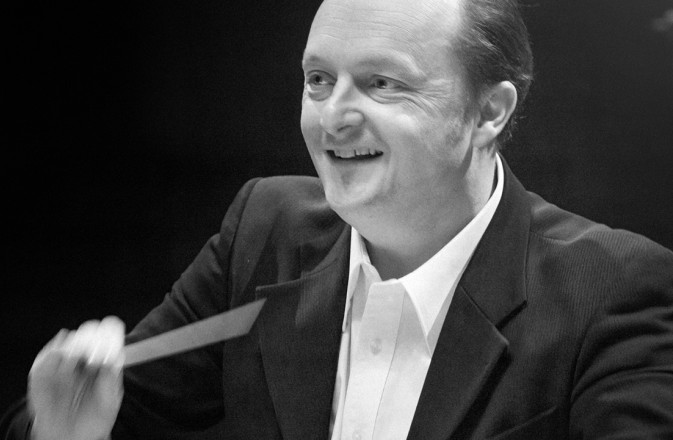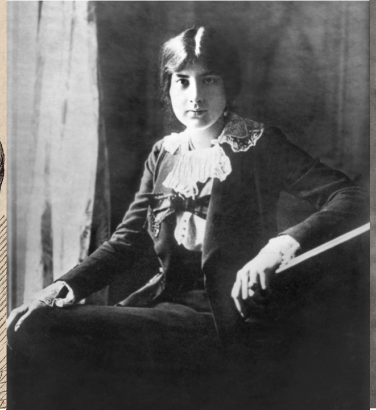
Louise Farrenc: feminist by necessity
5 Jan 2023
News Story
The earliest of the female composers featured in the current SCO Season, Louise Farrenc may well have faced the most prejudice on account of her gender.
"Very good, for a woman" sums up far too much of contemporary praise for her music, and while such backhanded compliments are hopefully a thing of the past, it is still all too easy to take her personal achievements for granted. In terms of battling sexist attitudes, few can be more historically significant than her gaining the right to the same salary as her male colleagues at the Paris Conservatoire, where she taught the piano. It may have taken a full eight years (and even then, her students remained exclusively female - mixed gender classes would only be introduced in 1915, a full 30 years after her death), but winning this pay dispute was without doubt an important step in the right direction.
In truth, prevailing attitudes towards women in general would probably have hindered Farrenc's progress as a composer regardless, but recent assessments suggest she might have fared better had she written any operas, the genre of choice in 19th century France. We also know from history that she was a very close contemporary of Hector Berlioz – such a giant in the history of music that anyone, male or female, would have struggled to emerge from his shadow.

Portrait of Louise Farrenc by Luigi Rubio (1835)
It may also not help that her own compositions appear to be a reflection of the period rather than anything especially radical in their own right. Take the early review of her Symphony No 3 (the first piece in François Leleux’s SCO programme in mid-January) which declared that it “radiates good taste”: while clearly well-meant, this may account for interest in Farrenc’s music dwindling after her death, as tastes moved on.
There’s no doubt that she was appreciated in her lifetime, however. Robert Schumann, an important music critic as well as composer, was positively effusive in his praise for Farrenc’s Variations on a Russian Theme for piano, expressing regret that “it is hardly likely she will ever hear of these encouraging lines.” (It is not known if she did.) The premiere of her Nonet for strings and wind was led by probably the most famous violinist of the age, Joseph Joachim (for whom Brahms would later write his Violin Concerto). As well as ensuring the piece got off to a spectacularly good start, his participation is surely testament to the quality of the music, which quickly became among the most popular and admired of her works.
Her success was undoubtedly helped by the support she received from her husband Aristide, with whom she had set up a publishing house through which many of her scores became available. Although she stepped back somewhat from composition after the early death of their daughter Victorine, the couple turned their attention to publishing Le trésor des pianistes (The Pianist’s Treasury), a 20-volume anthology of keyboard music from Couperin to Chopin, the last of which came out after Aristide’s death. Her personal legacy had long since been assured by the adoption of her Thirty Etudes in all the Major and Minor Keys as a key teaching resource in the Conservatoire's piano classes.
Despite having long since faded from wider collective memory, it is worth noting that the revival of interest in Farrenc and her music is not especially recent. There were sufficient recordings in BBC Radio 3's archive for her to be the focus of their long-running Composer of the Week in 2013, and there has been a steady stream of them ever since. Louise Farrenc may never be a household name, but there is no doubt she is gradually being rehabilitated as a respected composer.
She should, however, be considered a great deal more than that. To our ears, her symphonies may sound Brahmsian - only they date from the 1840s, pre-empting Brahms' by a full three decades. Her unfashionable preference for writing instrumental music and the period's inherent gender norms may have put paid to her being recognised as such in her own day, but today, we can acknowledge her as a true trail-blazer.

